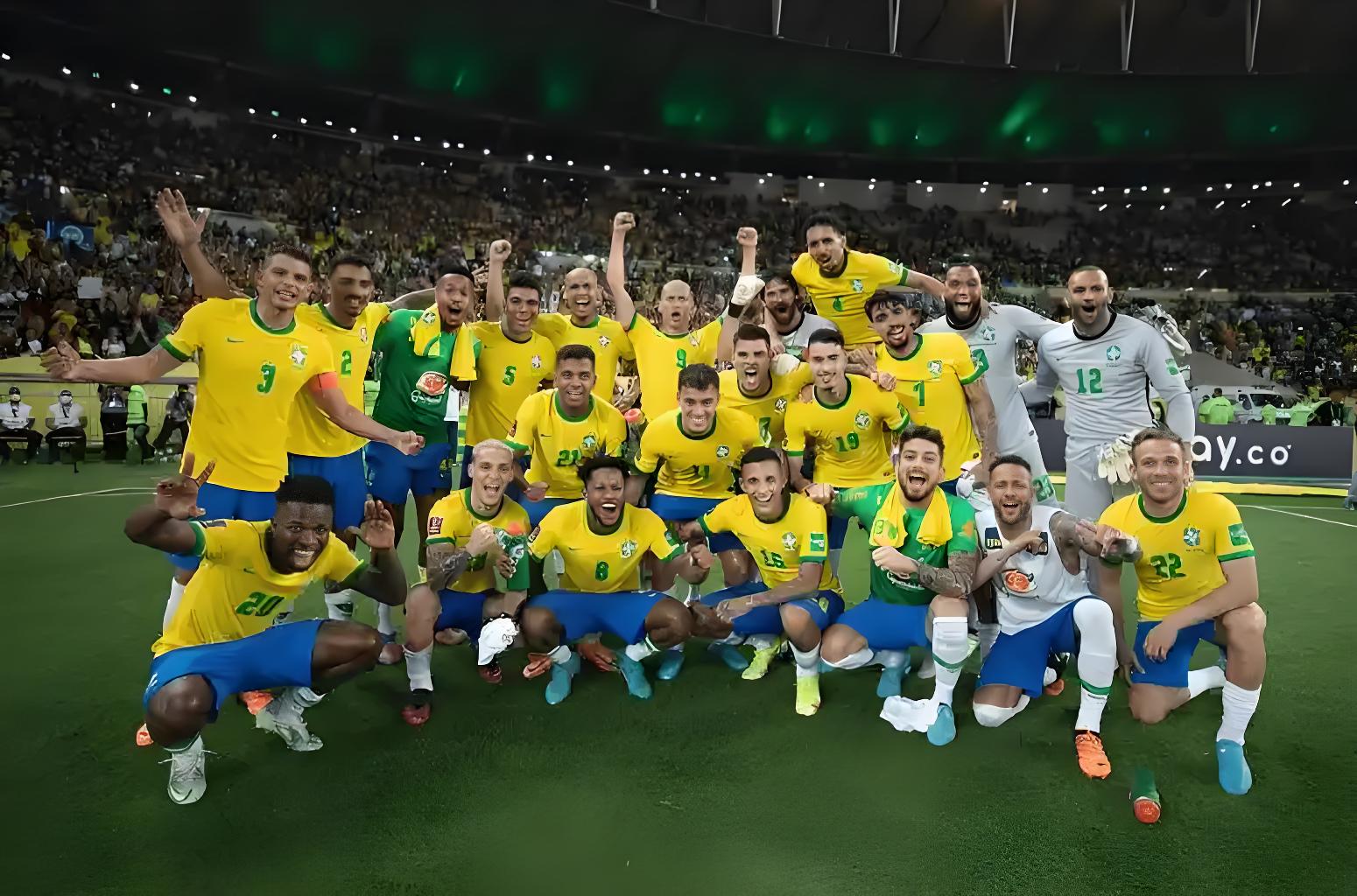
Recently, the Rio de Janeiro police successfully dismantled a fraud gang that used AI technology to forge the voice of Brazil’s national team coach, Dorival Thomaz Junior, deceiving multiple players and coaches.
Fake “Emergency Fundraising” Request
In this case, scammers impersonated Dorival Thomaz Junior and called Brazil's national team players and coaches, asking them to donate money for flood relief in a specific area. During the calls, the fake "Dorival Thomaz Junior" used an urgent and serious tone to stress the importance and immediacy of taking action to support the disaster-stricken region.

When receiving the calls, the victims did not realize the voice might have been AI-generated, believing they were genuinely speaking with their coach. Particularly in the sports world, where team members and coaches often maintain close relationships, communication is typically carried out via phone calls or private messages. Consequently, this sudden donation request did not arouse suspicion. Many victims complied with the instructions and transferred donations to the designated account provided by the scammers.
Brazilian sports commentator Bueno also received a donation request call from the fake “Dorival Thomaz Junior.” However, sensing something unusual, Bueno quickly contacted Dorival Thomaz Junior through alternative means. The real coach clarified that he had never initiated any donation request and warned that it was a scam. Bueno stated, “I found it strange, so I reached out to Dorival. He told me it was a scam. Then, he reported it to the police and asked me to warn as many people as possible.” This timely action helped prevent more potential victims from falling prey to the scam. After several months of investigation, Brazilian police eventually apprehended the fraud gang. Police revealed that the scammers had been active since 2022, using AI to generate celebrity voices as part of their schemes. Their victims included not only Brazil’s national team players and coaches but also other prominent figures in the sports community. Authorities noted that this new type of scam is highly covert and poses significant harm to public trust. By leveraging AI to impersonate well-known individuals, scammers turned familiar communication methods into tools of deception, drastically increasing the success rate of their schemes. This case highlights the application of AI technology in fraud and serves as a reminder to remain calm, rational, and cautious when confronted with urgent financial requests. By forging celebrity voices, scammers exploit familiarity and trust to manipulate victims, emphasizing the need for skepticism and verification in such situations.
Where Was Dorival Thomaz Junior’s Voice Stolen?
Dorival Thomaz Junior’s voice was leaked primarily due to his frequent public exposure through events, match broadcasts, media interviews, and social media platforms. These channels are typically highly public and widely disseminated, making it easy for scammers to extract sufficient audio material and use AI technology to replicate his voice.

-
Public Events and Match Broadcasts
During public sports events, coaches often participate in pre-match and post-match interviews, press conferences, and discussions about the team and matches. In these situations, Dorival’s voice is often broadcast or recorded. For instance, in televised national team matches or interviews, journalists and media outlets may record the coach's statements and distribute them widely, forming a publicly accessible audio archive. These audio files are often publicly available online, even as video clips or part of media reports, which makes them highly susceptible to scammers extracting and using them. -
Media Coverage and Interviews
Sports journalists regularly interview the Brazilian national team coach, especially during matches, pre-game preparations, and post-game analyses. Dorival may appear on various media platforms for special interviews or live sessions. These interviews, broadcast worldwide, become public audio or video content. Scammers collect these publicly available audio files and use AI technology to simulate and replicate his voice, allowing them to impersonate him in fraudulent activities. -
Social Media Platforms
The coach may use social media to convey messages to fans or the public, and these platforms can also be sources for scammers to steal his voice. Particularly in live streams or video content, the coach’s statements and tone can be recorded and distributed in real-time, providing material for scammers to mimic. -
Sports Videos and Documentaries
Many media companies and sports platforms create documentaries or feature stories about teams and coaches, often including extended interviews, training footage, or match commentary. In these video materials, the coach’s voice is clearly captured. Due to the high frequency of these videos being played, scammers can easily locate and extract clips of Dorival’s voice, using AI technology to generate synthetic audio nearly indistinguishable from the original.
In conclusion, the voices of celebrities, particularly in sports, are highly public. Public appearances, media coverage, and social media content are part of their daily lives, making their voices widely recorded and distributed. These audio records are easily accessible, providing scammers with sufficient material to create synthetic voices.
How to Prevent Phone Scams Impersonating Celebrities?
To prevent scams where celebrity voices are stolen and used fraudulently, especially scams using AI-generated voices to impersonate celebrities or loved ones, the Dingxiang Security Cloud Business Intelligence Center advises the public to stay vigilant and adopt multiple verification measures.
-
Call Back to Verify Identity
Hang up the call and contact the person through a known, reliable method (e.g., a saved number for a friend or official contact information from a verified source). Do not call back the number provided by the caller, as scammers may use spoofed caller IDs. -
Contact the Individual or Celebrity's Agent Through Other Means
If you receive a call claiming to be from the Brazilian national team coach, try reaching out directly to the official social media accounts of the Brazilian football team or the coach’s agency to verify the claim, avoiding any decisions prompted by the scammer. -
Consult Friends and Family
If you receive a call or message asking for donations or transfers, consult with trusted friends or family members first. Check whether they have received similar requests or if such incidents have occurred. If uncertain, ask them to help verify the authenticity of the call. -
Be Alert to AI Forgery Technology
When receiving a call, even if the voice sounds familiar, be skeptical if there are inconsistencies in tone, fluency, or emotional expression. AI-generated voices may lack subtleties such as natural intonation and genuine emotion.


